962-7983-18423+
24/7 دعم
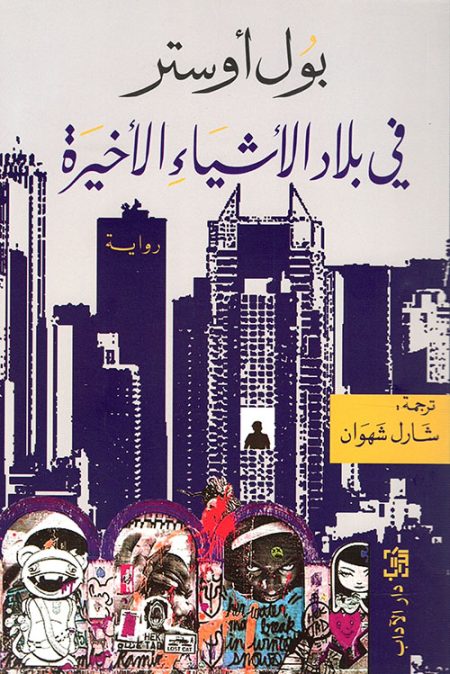
A novel that explores the human journey in the face of social and political change, exploring internal conflicts and existential questions. A philosophical text that reflects the search for meaning and freedom amidst a volatile and complex reality.
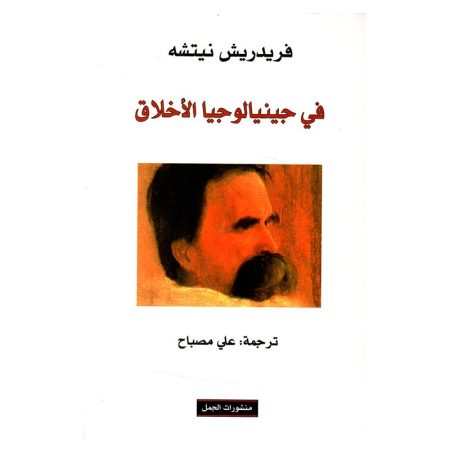
A radical deconstruction of the concepts of good and evil, revealing how morality was formed through conflict, power, and weakness, and re-examining prevailing values as historical and psychological products, not fixed axioms.
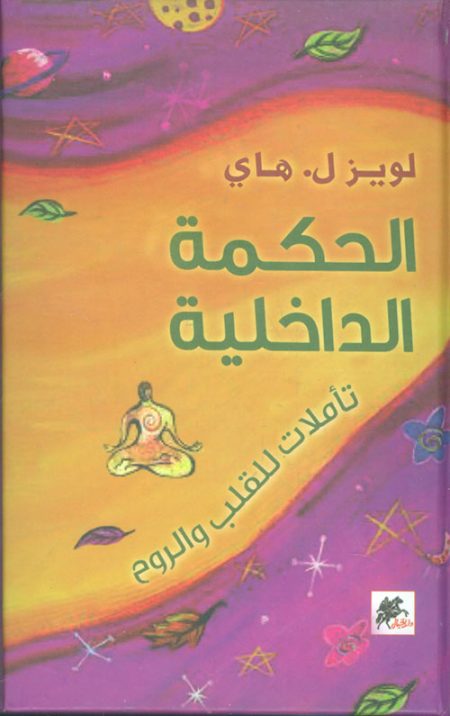
This book offers a collection of inspiring meditations that call for inner peace and self-love. It helps readers heal emotional wounds and discover the strength within to live consciously and harmoniously.
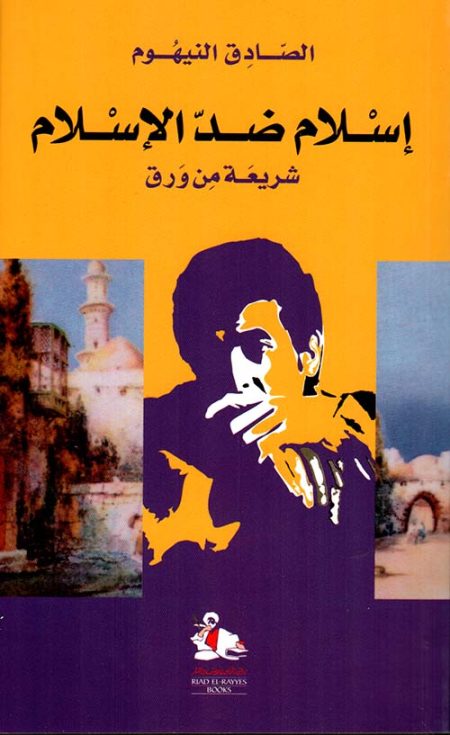
The book offers a bold and critical reading of religious thought as it is practiced socially, distinguishing between the essence of religion and the texts that have been transformed into tools of power and control. It poses provocative questions about the prevailing understanding of Islamic law and its relationship to reason, freedom, and humanity.
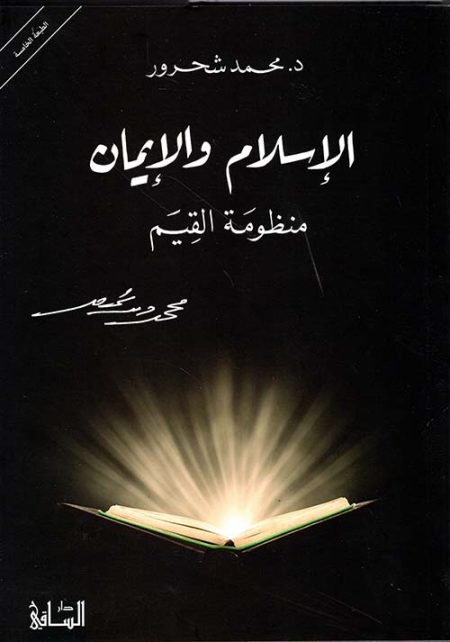
This book offers a contemporary reading of the concepts of Islam and faith, distinguishing between the two value systems in the Quranic text and highlighting how they can be understood beyond traditional interpretations, in order to build a moral and humanistic vision that is relevant to our time.
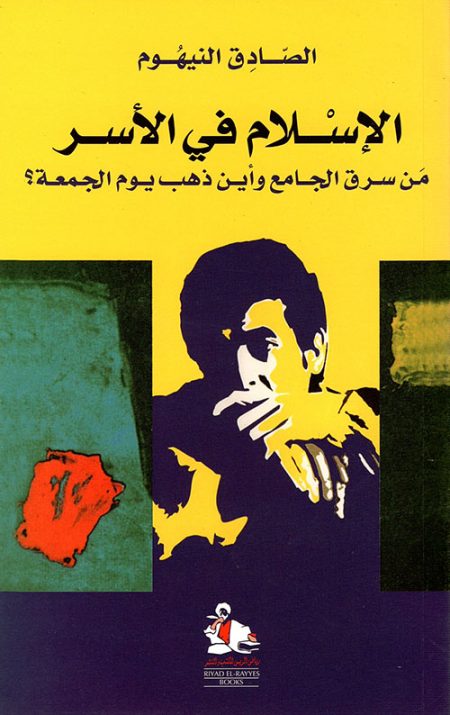
It is a critical intellectual text that re-examines questions of religion, society, and rituals from a bold, rational perspective, deconstructing prevailing assumptions with language that is sometimes satirical and at other times shocking. This opens the door to discussion about the role of the religious institution and its relationship with humanity, power, and public awareness.
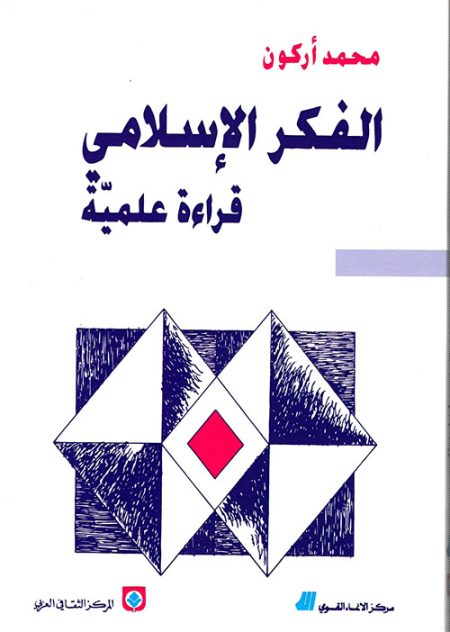
This book offers a critical analytical reading of Islamic thought from a contemporary scholarly perspective and re-raises questions about religious heritage and the methods of understanding it. It aims to open the door to intellectual renewal and expand the horizons of dialogue between religion and modernity.
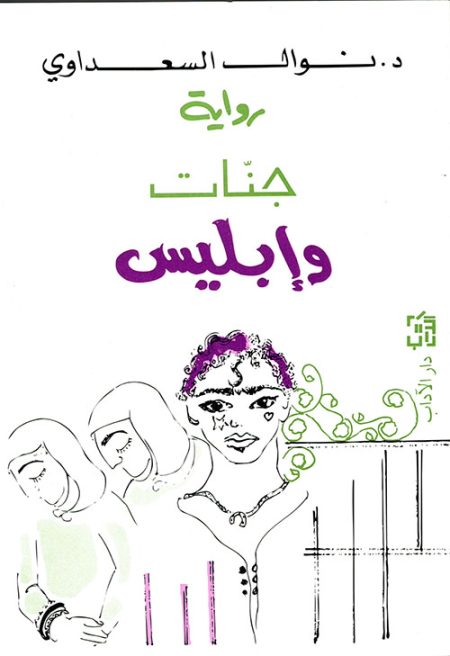
This intellectual narrative reinterprets the concepts of good and evil, woman and power, through a critical lens of religious and social heritage, revealing the contradictions between the sacred and human reality in a concise, symbolic, and reflective language.
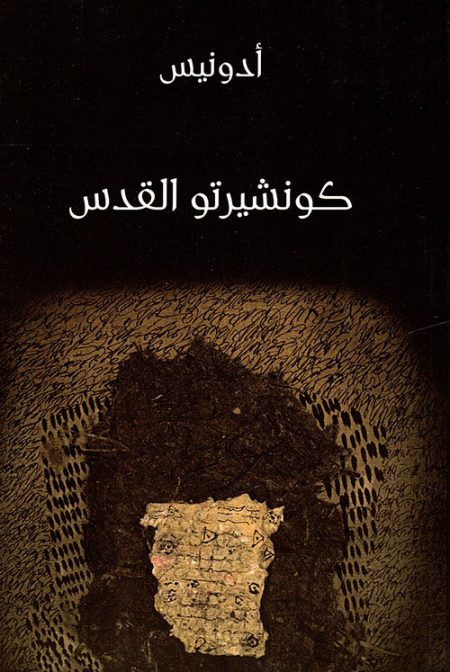
A profound poetic work that evokes Jerusalem as a symbol of the soul and history, reflecting humanity’s struggle between sanctity and ruin, between hope and despair, in the face of a reality where the religious intertwines with the political, the poetic with the human.
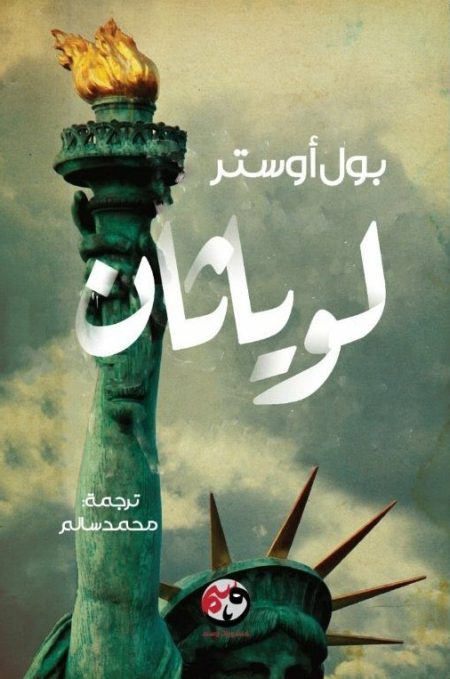
A novel in which the lives of mysterious characters intersect with political and intellectual secrets, forming a tale of identity, obsession, and inner ruin, within an atmosphere charged with tension and mystery.
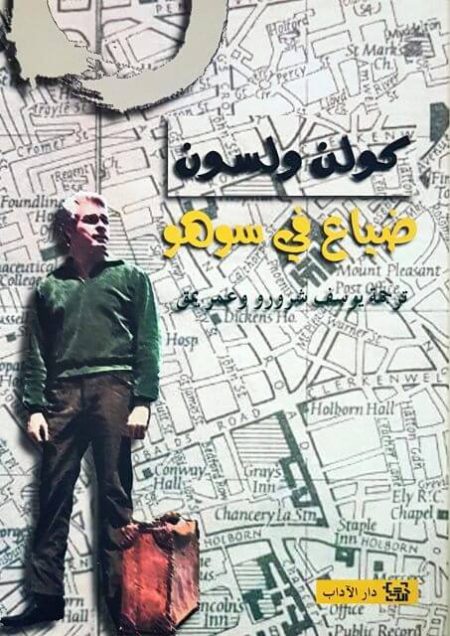
The work reveals the cruelty of the margins of a big city, tracing the struggle of lost youth between misery and false freedom. The text delves into isolation, drugs, and fragile relationships to reflect the tragedy of a person searching for meaning amidst loss.
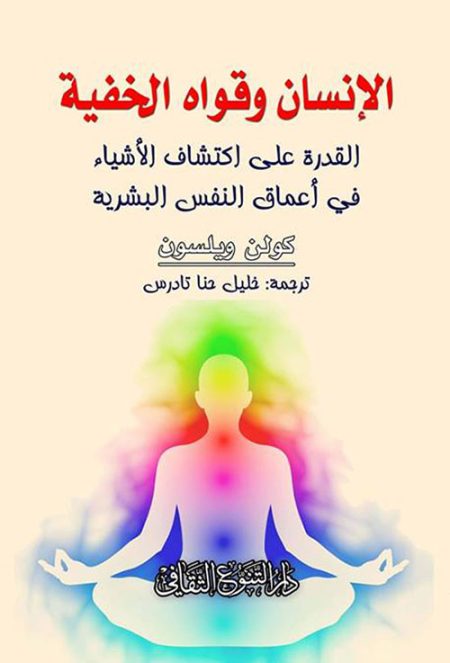
A book that explores the hidden potential of the human being and his ability to transcend the familiar boundaries of reason and behavior, while offering profound insights into the human psyche and the power of will. It combines psychological and philosophical analysis to understand human ambitions and the pursuit of excellence.
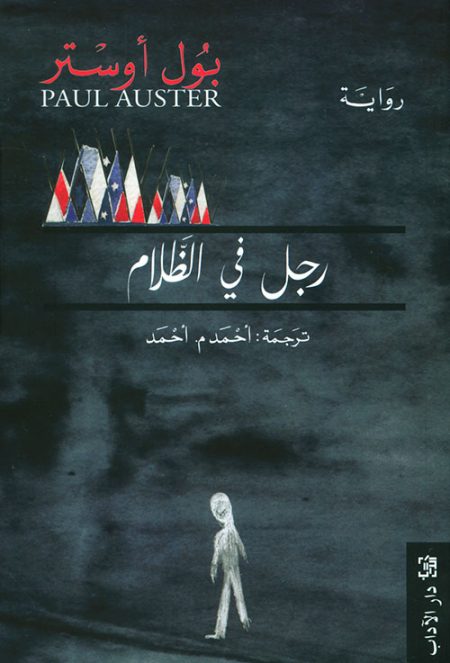
It’s a tale where isolation intertwines with imagination, as a lonely man weaves a parallel world to avoid confronting his own wounds. The boundaries between reality and illusion blur in a profound narrative imbued with psychological and philosophical undertones.
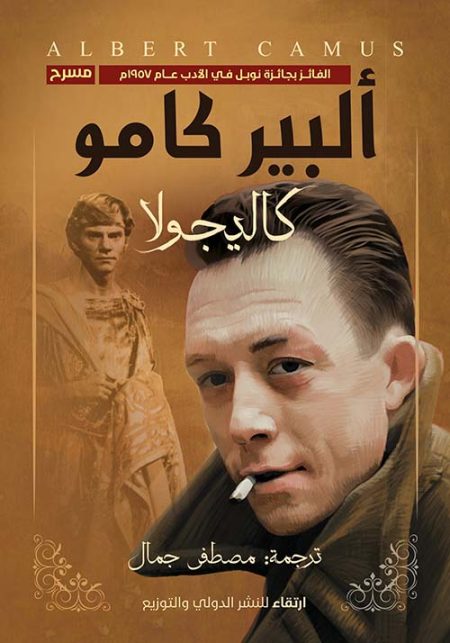
This intellectual drama follows a ruler confronting the absurdity of existence after a personal trauma, testing the limits of power, freedom, and morality. It is a dense text that poses profound questions about meaning when power is unleashed.
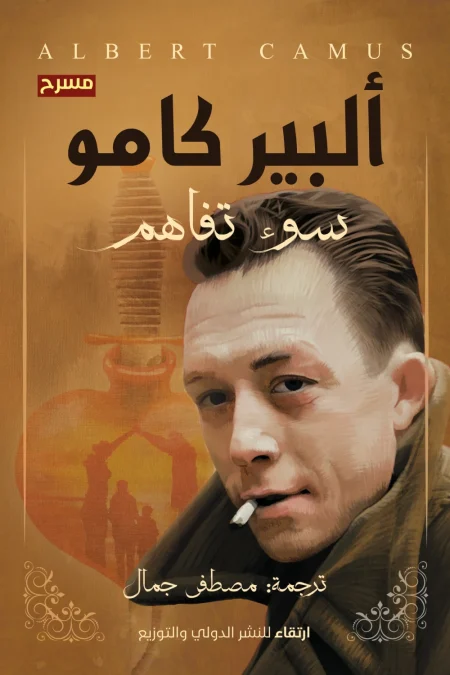
The events revolve around a sudden return that leads to a harsh human tragedy, where silence intersects with greed and misunderstanding. This theatrical work reveals the absurdity of fate and the cruelty of relationships when truth is absent and fear reigns supreme.
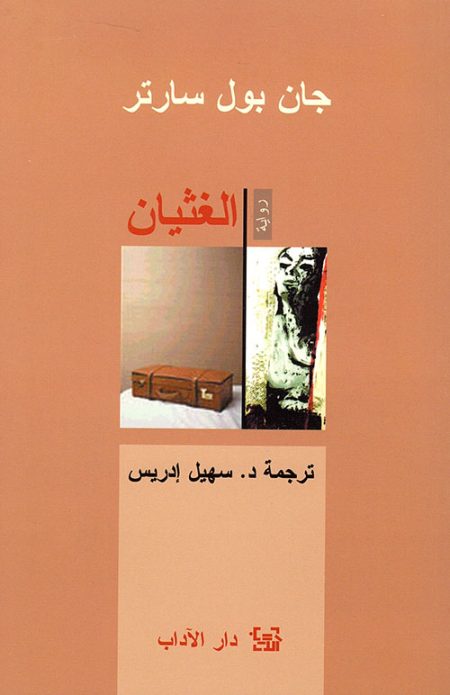
A philosophical novel that explores the human sense of futility and alienation in the face of the emptiness of existence, through profound reflections on meaning and self-awareness. This text reveals the human struggle with freedom and futility in an uncertain world.
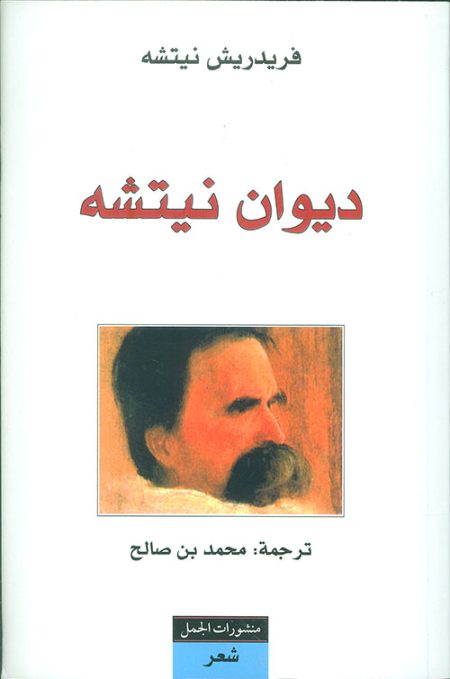
These are profound poetic and reflective texts that blend wisdom and rebellion, delving into questions of existence, ethics, and humanity, in a dense language that carries a sharp critique of prevailing values and a call for self-discovery through strength and will.
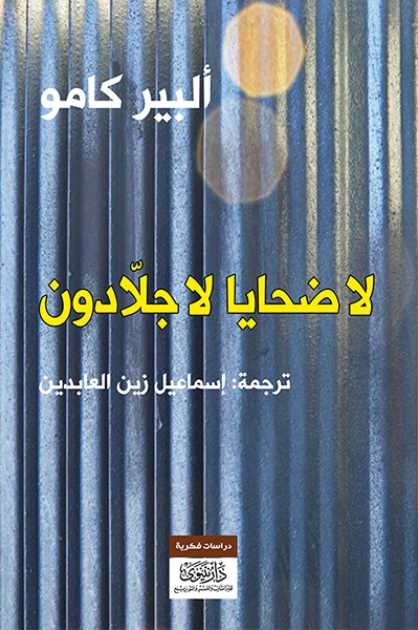
This intellectual text addresses violence and revolution from an ethical perspective, rejecting the justification of murder in the name of higher causes. It discusses individual responsibility and the limits of justice when ideas become tools of oppression.